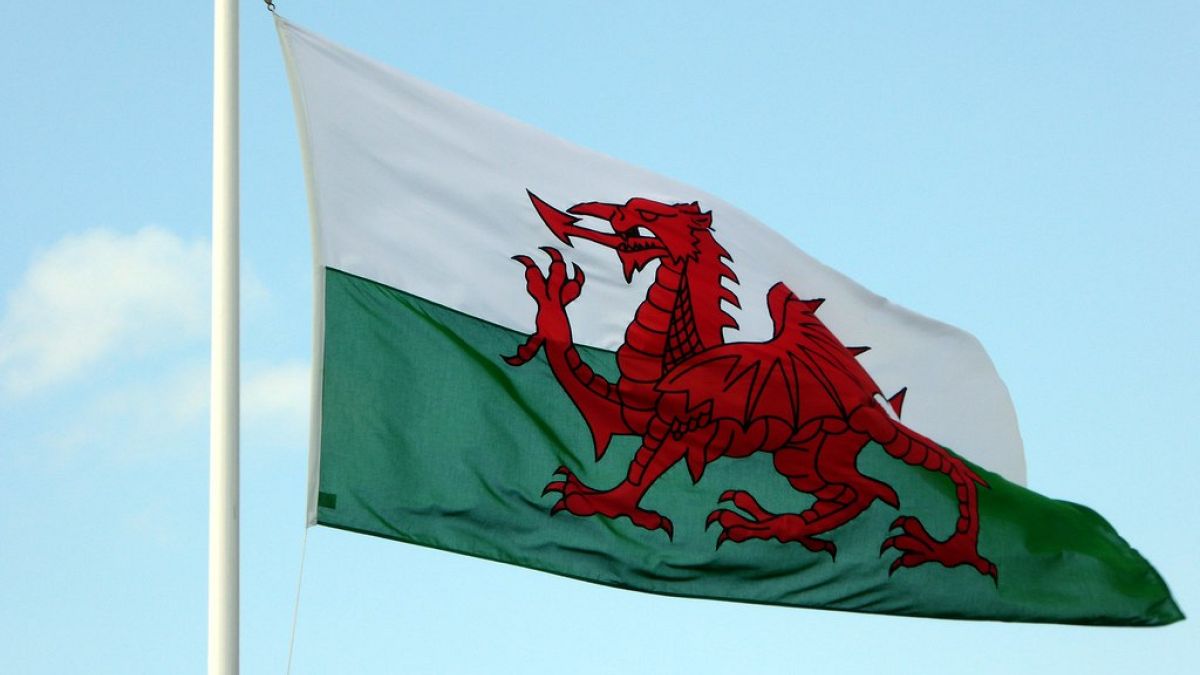A recent study into Wales' LGBT+ community found 34% of the population identify beyond traditional heterosexual norms.
Just over a third of people in Wales identify as "queer", according to a recent report by an LGBT+ organisation.
Stonewall Cymru found in its recent Rainbow Cymru Report that 34% of the population is not strictly attracted to the opposite sex.
Their study aimed to shed light on the queer community in Wales by using data and statistics from the 2021 England and Wales Census, an opinion poll of UK adults, and polling by Ipsos UK.
When participants were asked who they find sexually attractive, 66% reported being exclusively attracted to the opposite sex.
"Accounting for the small percentage of people who either don’t know (1%) or prefer not to say (0%) who they are attracted to; this means that 34% of the population is at least a little bit queer," the report wrote.
A more comprehensive survey
One finding of the report is a generational shift in sexual orientation.
Individuals under 35 have emerged as a driving force behind Wales' growing LGBTQIA+ community, with approximately 6.1% of those aged 25 to 34 identifying as LGBT+, compared to 3.6% of 35 to 45-year-olds.
Stonewall Cymru attributed this shift to the abolishment of Section 28 in England and Wales through the Local Government Act 2003, which brought inclusivity in educational settings.
Introduced by Margaret Thatcher's Conservative government in 1988, Section 28 refers to a series of laws across Britain that prohibited the "promotion of homosexuality" by local authorities.
This meant books, plays, leaflets or films at schools could not include, or mention same-sex couples - anyone who broke the law could have faced disciplinary action.
The report's authors wrote that they wanted participants to "look beyond the label."
Those surveyed were asked: "Which, if any, of the following, best describes how you think of your sexual orientation?"
The options were:
- Only attracted to the same sex
- Mostly attracted to the same sex
- Equally attracted to both sexes
- Mostly attracted to the opposite sex
- Only attracted to the opposite sex
- I am not attracted to either sex
- None of these accurately describe my sexual orientation
- Don’t know
- Prefer not to say
66% of respondents said they were exclusively attracted to the opposite sex, while the remaining 34% identified across a spectrum of sexual orientations
This included 9% exclusively attracted to the same sex, 3% mostly the same sex, 6% attracted to both sexes and 16% mostly the opposite sex.
"The data available clearly shows that we are living in a Wales that is more openly diverse than ever, with just over a third of the population falling somewhere under the queer umbrella - though they may not specifically identify as any one part of the LGBTQ+ community," the report's authors wrote.
